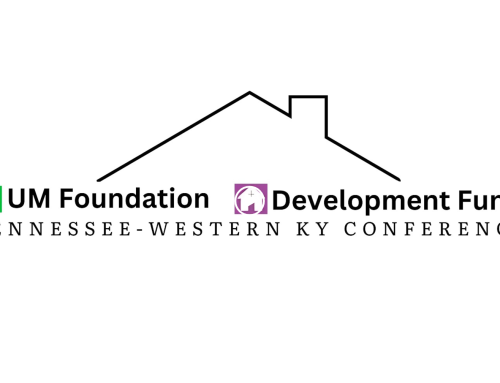If you were rendered silent for approximately nine to ten months, what would you do with the silence? As a part of your Advent devotional time, I invite you to read the first chapter of the Gospel of Luke. There you will find the story of a priest named Zechariah and his wife, Elizabeth. They have been married for a very long time and have no children. In verses 8-23, Zechariah encounters an angel of the Lord, who informs him that he and his wife will conceive and bear a child, a son who will be named John. Zechariah expresses doubt that this will occur because he and Elizabeth are beyond normal child-bearing years. The angel informs Zechariah that because he did not immediately believe this prophecy, he would be unable to speak “…until the day these things occur.” (NRSV)
Thomas Merton frequently refers in his writings to the benefits of quieting one’s own voice. Personal, disciplined silence can create a sacred space. Merton even offers that the “speech” or “voice” of God is silence. If you have ever been on a “silent” retreat, you may have discovered that being immersed in silence increases the ability to hear God’s silence. For us to learn something of this strain of God’s voice, frequent, intentional silence is essential. In his work of prose called “In Silence” Merton asks the question, “Whose silence are you?”.
Part of answering that question comes from how we frame and claim our silence. It is one thing to silence our own voice so that we might hear God more clearly. But silence is also claimed by the act of turning off outside voices that are not helpful. Identifying the intention behind our silence will help determine what we can gain from it. It’s not just about being silent…it is about being silent for a reason. “Whose silence are you?”
Zechariah might have had his voice taken from him for the period of 9+ months, but he continued to look, listen, and communicate with God and others. In the end he not only endured a forced silence, but gave it purpose by giving it to God. He was able to break his silence during the ritual of circumcision when his infant son would be named publicly. After Elizabeth stated that the child’s name is John, many turned to Zechariah for some form of confirmation, for “John” was not part of the lineage of names in Zechariah’s family. But to everyone’s astonishment, Zechariah wrote clearly on a tablet as recorded in verse 63, “His name is John.“ (NRSV)
At that moment, Zechariah’s voice returned, and being inspired by the Holy Spirit, verses 67-79 record he was able to offer a powerful prophecy of the impact John would have in the proclamation of God’s Good News, concluding with these words, “By the tender mercy of our God, the dawn from on high will break upon us, to give light to those who sit in darkness and in the shadow of death, to guide our feet into the way of peace.” (NRSV)
I pray we will make time for claiming both personal and collective moments of holy silence during this Advent season. I pray the silence will allow us to hear the voice heard in God’s Silence. I pray that we would we all be able to claim and proclaim the peace of Christ that our lives and world so desperately need.
In God’s Silence,

Rev. Dr. David O. Weatherly






Leave A Comment